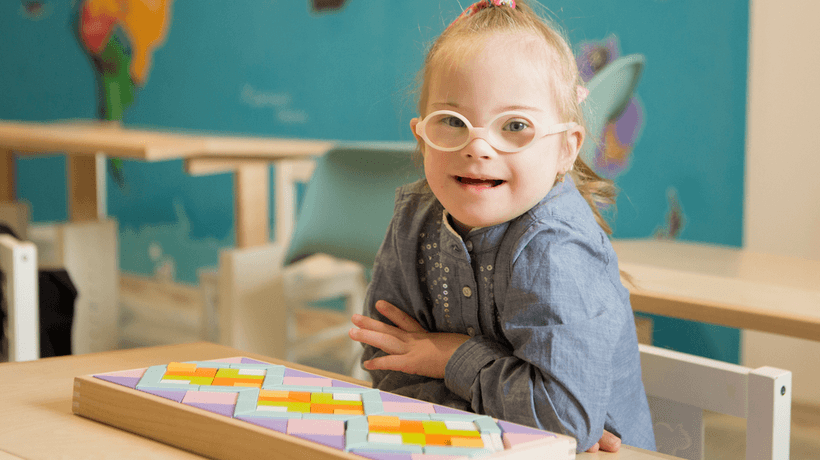Exceptional Education For All Learners
If we want to create change in the education field, we need to start having real conversations. I’ll start; I hope schools never go back to normal. This year, families and caregivers have had to don the teacher cap and add this to their repertoire of other roles and responsibilities. As this shift has shed light on workforce norms and child and family care policies, a curtain has also lifted on the unique needs of different learners.
Leaders who participate in Relay Graduate School of Education’s Inclusive Schools Leadership Institute continuously hear us reiterate the power of language. We aim to shed the connotations that come along as baggage with terms like "special education" and "special needs." Instead, we say "exceptional learners." We want to flip the narrative; we’re turning a deficit mindset into an asset one. We seek to push ourselves and the educators we support to identify the existing status quo and work to disrupt it.
Exceptional learners deserve exceptional education. The typical in-person supports have been stripped this year and students’ learning has undeniably suffered. We can’t change this past reality but we can use the lessons and eye-openers of this year to guarantee all future students have what they need to succeed. Students with disabilities are entitled to an education that ensures they are making significant progress within the general education curriculum. Here’s how we, as educators, make this a reality. Here's how we disrupt the status quo.
Keep An Urgent Eye On Data For Exceptional Learning
Data doesn’t lie. Current data reveals that schools are not meeting expectations for these students. We must not just request, but demand that schools put systems in place to track and analyze data for exceptional learners. Don’t wait for students to fail; track data and analyze student performance on a daily and weekly basis (during and after instruction).
Create A Constant Cycle Of Feedback For All Teachers
Leaders must ensure they have an eye on the effectiveness of instruction received by exceptional learners. Leaders must identify the person best suited to provide that feedback and adjust existing systems/structures. By providing feedback prior to instruction and through strategic lesson planning protocols, educators can work to identify potential barriers to student engagement, comprehension, and ability to demonstrate learning. Leaders have a responsibility to have a pulse on what is happening not just in general education but on how exceptional learners are performing in general education classrooms. This needs to be addressed every day. Feedback should be more than an occasional mandate. If something isn’t working, kids can’t wait that long.
Multi-Tiered Support Systems
80% of general education teachers say they don’t know how to support all students. Leaders need to create a strategic development plan to support diverse learners that prioritizes what, when, and how to teach. When something doesn’t work (assessing from data and feedback), then fix it. Weekly meetings to ensure that all kids are being supported seem like a realistic goal. This should be the minimum. A multi-tiered system, like Florida’s Response to Intervention [1], can be a solid place to start.
Supplemental Intervention
To create a fair and even playing field for exceptional learners, as equity asks us to do, we must ensure that students who need remediation receive supplemental intervention in addition to excellent general education instruction. Accelerating learning by improving general education instruction is even more important as a result of the pandemic. We cannot use intervention as an alternative to high-quality universally designed general education instruction, but general education supports alone are not going to be sufficient to respond to interruptions in learning caused by the pandemic [2].
To adequately respond to these interruptions, exceptional learners will benefit from daily small group or one-on-one targeted interventions. Educators should prioritize explicit instruction as the delivery method for targeted interventions [3]. Schools should consider strategies such as high-dosage tutoring, extended learning day interventions, and double doses of math instruction, all led by highly effective teachers [4]. The effectiveness of interventions must be monitored through regular progress monitoring.
It’s no secret that there is a lot of work to be done to improve education for all kids. But you won’t get better until you recognize your starting point. We need to start by identifying existing barriers, lack of progress, and increasing performance gaps (i.e., the status quo) and intentionally working toward disrupting that status quo to ensure that kids who need the most support have a chance at success. Education is a fundamental right and by ignoring exceptional learning, we are denying this right. At the end of the day, it’s about kids. Let’s get to work on disrupting to fight for their future.
References:
[2] Academic Supports For Students With Disabilities
[3] Intensive Interventions For Students Struggling In Reading And Mathematics

